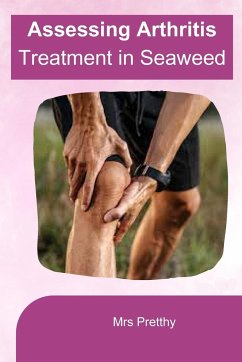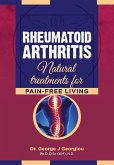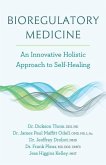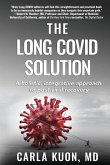Arthritis is a common inflammatory disorder that affects millions of people worldwide. It is characterized by joint pain, stiffness, and swelling, and can severely impact a person's quality of life. While there are several treatment options available for arthritis, including nonsteroidal anti-inflammatory drugs (NSAIDs) and corticosteroids, these medications can have significant side effects. As a result, researchers have turned to natural products as a potential alternative to traditional arthritis treatments. Seaweed, or macroalgae, has been of particular interest due to its high content of sulfated polysaccharides. These compounds have been found to have anti-inflammatory and analgesic effects, making them a promising candidate for arthritis treatment. Assessing the anti-arthritic potential of sulfated polysaccharides from seaweed involves both in vitro and in vivo studies. In vitro studies involve testing the compound in cell cultures, while in vivo studies involve testing in animal models. Animal models of arthritis are commonly used to evaluate the effectiveness of potential treatments before they are tested in humans. The use of seaweed for arthritis treatment also aligns with the growing interest in marine biotechnology and the development of sustainable sources for medicine. Marine organisms, including seaweed, have been found to have a wide range of bioactive compounds that have potential for drug discovery and development. In conclusion, assessing arthritis treatment in seaweed has the potential to provide an alternative to traditional treatments, with fewer side effects. The use of seaweed aligns with the increasing interest in natural products and sustainable sources for medicine. Further research in this area can provide valuable insights into the anti-arthritic potential of seaweed, and contribute to the development of new and effective treatments for arthritis.








